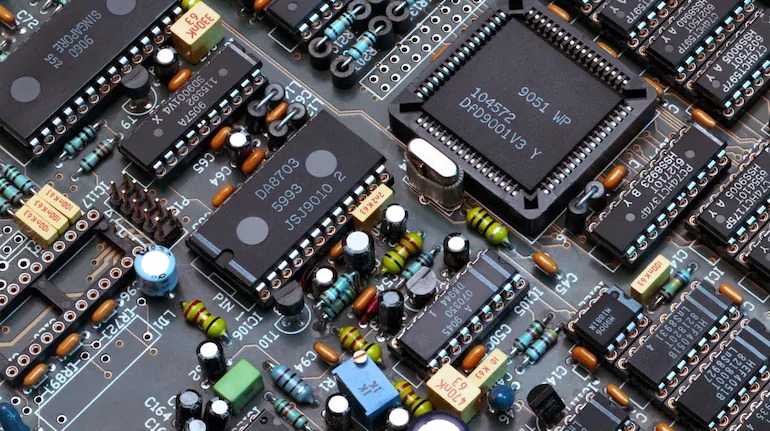Yang Hyang-JA spent three decades with Samsung Electronics Co., where he contributed to the company’s current dominance in the production of memory chips.
She is now tackling a much bigger challenge: making sure Korea stays relevant while the US and China compete for semiconductor market share.
Yang is the chief architect of a national initiative to finance and energise its domestic chip sector. Yang began her career at the illustrious corporation as a researcher’s assistant and ascended to oversee the crucial memory chip, development division.
According to her on Bloomberg Television, her goal is becoming more and more crucial as the US, China, and Japan invest billions in creating their chip supply chains, casting doubt on Korea’s potential role in the semiconductor industry.

“We are in a chip war,” Yang said in a December interview. It’s a way of being able to take the lead.”
Yang, who heads a 13-member special committee of the ruling party led by President Yoon Seok-yeol, which was launched this year to find a solution, said that only through strong and direct intervention could Seoul become a $550 billion global market. It claims it can secure and expand its position in the semiconductor industry.
She is among a growing number of global policymakers embracing technology protectionism after pandemic-related logistical challenges highlighted countries’ interdependence on critical electronic components. Yoon echoes Yang’s call for more policies to support the country’s semiconductor sector, including SK’s Hynix and Samsung.
Her efforts might be beginning to pay off. The US Chips Act’s equivalent in Korea was approved by the parliament last month. Yang is the driving force behind the initiative, which speeds up the approval process for new manufacturers in the metropolitan area while boosting the number of tech-focused institutions. Separately, the parliament approved an initial tax credit bill for large companies investing in the semiconductor industry that was much lower than Yang’s suggestion of 20% to 25%, at 8%.
According to Yang, those gestures pale in comparison to the billions of dollars in subsidies that other nations are investing to chip production. Yang also said that fellow National Assembly legislators are being misled by short-term political goals. Her peers have countered by claiming that too generous incentives will primarily benefit large corporations and endanger public finances.
The finance ministry revealed a plan on Tuesday to raise the tax credit on capital expenditures for large businesses to up to 25%. An administration rarely suggests significant revisions this soon after Congress enacts a bill.


